
Bethany Brookshire
Bethany Brookshire was the staff writer at Science News for Students from 2013 to 2021. She has a B.S. in biology and a B.A. in philosophy from The College of William and Mary, and a Ph.D. in physiology and pharmacology from Wake Forest University School of Medicine. She is also a host on the podcast Science for the People, and a 2019-2020 MIT Knight Science Journalism Fellow.

Trustworthy journalism comes at a price.
Scientists and journalists share a core belief in questioning, observing and verifying to reach the truth. Science News reports on crucial research and discovery across science disciplines. We need your financial support to make it happen – every contribution makes a difference.
All Stories by Bethany Brookshire
-
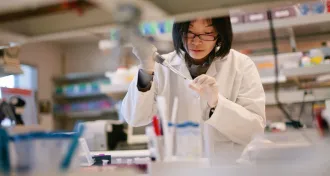 Science & Society
Science & SocietyWomen and men get research grants at equal rates — if women apply in the first place
When women get research funding, they’ll stay funded as long as their male counterparts. But getting to the top of that heap is a challenge.
-
 Genetics
Genetics50 years ago, scientists took baby steps toward selecting sex
In 1968, scientists figured out how to determine the sex of rabbit embryos.
-
 Tech
Tech50 years ago, a Japanese scientist dreamed up a rocket-propelled train
50 years ago, a Japanese engineer tried rocket boosters on a train. Today, high-speed trains propelled by superconducting magnets are being tested.
-
 Science & Society
Science & SocietyFighting sexual harassment in science may mean changing science itself
Sexual harassment is disturbingly prevalent in academia. But a course correction may involve tearing down the hierarchy that makes science run.
-
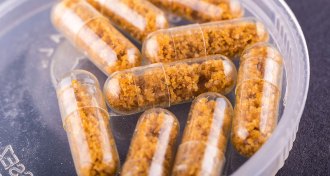 Health & Medicine
Health & MedicineTo regulate fecal transplants, FDA has to first answer a serious question: What is poop?
Fecal transplants are the treatment of the future for some conditions. But right now, they are entirely unregulated. Here’s why putting regulations in place is so complex.
-
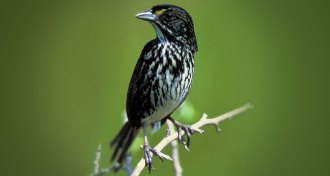 Animals
Animals50 years ago, scientists warned of a sparrow’s extinction
Only 17 dusky seaside sparrows remained in 1968. Today, there are none.
-
 Chemistry
ChemistryWant to build a dragon? Science is here for you
Fire-breathing dragons can’t live anywhere outside of a book or TV. But nature provides some guidance as to how they might get their flames. If they existed, anyway.
-
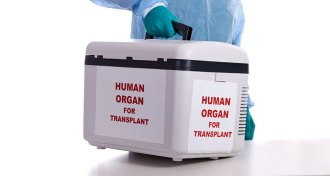 Health & Medicine
Health & Medicine50 years ago, early organ transplants brought triumph and tragedy
In 1968, the liver transplant field had its first small successes. Now, more than 30,000 patients in the U.S. receive a donated liver each year.
-
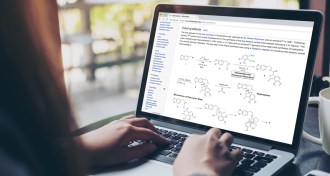 Science & Society
Science & SocietyWikipedia has become a science reference source even though scientists don’t cite it
Wikipedia is everyone’s go-to source. Even scientists. A new study shows how science on Wikipedia may end up forwarding science itself.
-
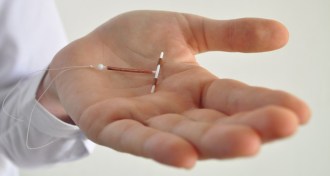 Health & Medicine
Health & Medicine50 years ago, IUDs were deemed safe and effective
50 year ago, the U.S. Food and Drug Administration declared intrauterine devices safe and effective, though officials didn’t know how the IUDs worked.
-
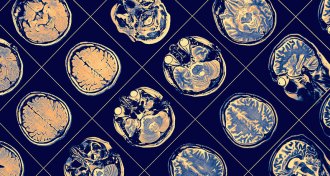 Neuroscience
NeuroscienceEven brain images can be biased
Brain scan studies that are drawn from rich and well-educated groups could lead to biased ideas of how our brains develop.
-
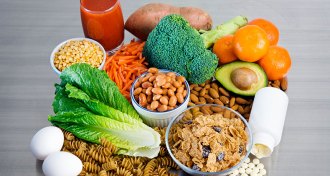 Humans
Humans50 years ago, folate deficiency was linked to birth defects
50 years ago, scientists found that a lack of folic acid in pregnant women could cause birth defects. But now, how much is too much?